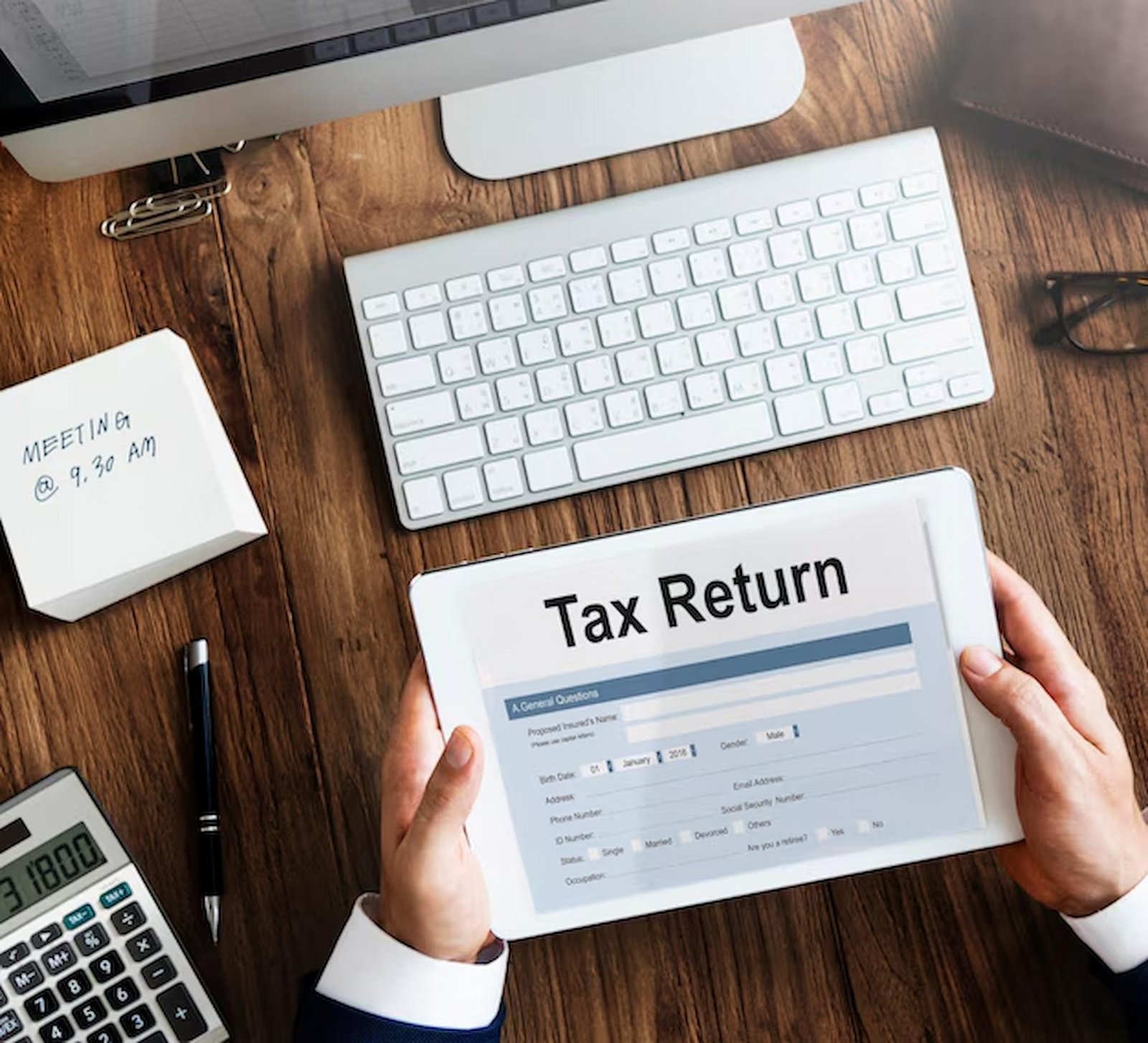Every pound counts for a sole trader. Tax deduction, financial record-keeping and management, and other tax strategies tremendously affect profitability. For someone new to business accounting or just looking to improve, here are some essential tips on managing taxes like a pro and keeping more money in your pocket.
Introduction
Solving the problem of managing your taxes and running a business as a sole trader offers unique opportunities and flexibility. Since most sole traders miss out on their tax-saving opportunities due to a lack of knowledge or a misunderstanding of effective tax strategies, a few smart moves can save you money in taxes and maximise profits. This step briefly guides some essential tax tips about sole traders, from record-keeping best practices to choosing the right deductions. Let’s first see how you can streamline accounting for sole traders and make your tax process smooth and profitable.
-
Separate Business Bank Account
A sole trader also needs to have a business bank account. Mixing personal and business transactions creates complicated finances that can confuse a trader at tax time. You can keep track of the business income and expenses and simplify the process of filing your taxes at the end of the year with a separate account. This will help avoid potential issues with the tax authorities.
Secondly, it is easier to monitor expenses with a business account since these are essential for claiming deductions. Therefore, Working with business accountants services, one can put in place the most efficient structure for his or her business finances.
-
Know Your Tax Obligations
Being a Tax Compliance Business requires the sole trader as well. As a sole trader, your tax liabilities usually include income tax and possibly VAT or other local taxes based on your revenue and location. Ensure that you:
- Register for any required tax numbers or IDs
- Remain vigilant to tax deadlines so you are not charged late fees
- Know what records you are expected to keep for every tax type
Consulting with a professional specialising in business accounting for sole traders can clarify these obligations. Tax obligations get reviewed regularly; this way, you won’t face shockers when tax season comes.
-
Record All Business Expenses for Maximum Deductions
Your business expenses might decrease the taxable sum, so maintaining an expense record is necessary. Single traders can deduct office supplies, stationery, paper, pens, and other related expenses.
- Office Supplies: Pens, paper, and other office necessities are deductible.
- Travel Expense: Mileage, parking, and business travel cost
- Utility Expenses: You can claim a percentage of the rent, electricity, and internet use as a work-from-home expense.
Keep detailed records of all receipts and invoices to get the maximum credits for those listed. Many sole traders use accounting software to organise their documents, making it easy to calculate tax-deductible expenses.
-
Use Home Office Deductions
The home office deduction is invaluable for sole traders who work from home. This deduction allows you to claim a portion of your home expenses as a business expense. To qualify, your workspace must be an area you designate and only use solely for business activities. Common home office deductions include:
- A fraction of the rent or mortgage interest
- Utility bills in proportion to the office space
- Maintenance and repair costs specific to the home office
While this home office deduction may seem more complicated, talking with a business accountant services will clarify what percentage of these costs you can deduct and ensure you’re maximising this valuable deduction.
-
Invest in Business Equipment
Good, because business-related investments provide a lot of tax relief. The computers, your shop furniture, and maybe special tools for your trade are usually deductible. The government often gives accelerated depreciation methods, like Section 179 deduction, which lets you write off the whole equipment cost you bought during the year you spent your money on it rather than spreading the depreciation over the years.
This, in turn, improves your workflow and reduces your tax burden, freeing up cash flow to reinvest in your business.
-
Keep a Side Fund for Estimated Taxes
Unlike an employee whose taxes will have been deducted automatically, a sole trader will need to put aside money for taxes throughout the year. Many accountants advise sole traders to set aside between 20-30% of their income. This will ensure you save for estimated quarterly tax payments, reduce your end-of-year tax bill, and avoid late payment penalties.
By paying these estimated amounts, you are also in control of your cash flow management, which is crucial for a sole trader’s survival.
-
Understand the Benefits of Pension Contributions
While it is essential to manage your current expenses, providing for retirement needs should not be less. Many retirement fund contributions are tax-deductible; this offers long-term financial security and immediate tax benefits. Some plans include:
Self-Employed Retirement Plans: SEP-IRAs or SIMPLE IRAs also get tax benefits.
Personal Pension Plans: Contributions to some personal pension plans are tax-deductible.
Work with a skilled financial advisor who can help you choose the right plan to increase your wealth by acquiring tax deductions.
-
Hire an Accountant to Maintain Orderliness and Compliance
While accounting software is a great tool, hiring a qualified accountant for sole traders can provide personalised advice, ensure compliance, and offer expert guidance. Accountants with expertise in business accounting can help you:
- File accurate tax returns, ensuring no missed deductions
- Identify areas to save on taxes
- Plan for future tax obligations
Many accountants also offer advisory services, which can be invaluable for planning and improving your profitability.
-
Invest in Tax Software for Easy Filing
Tax software can ease the process for those who wish to manage their finances independently. Popular tax software is designed to help sole traders file their tax returns, compute their deductions and track their expenses. Some of the benefits of tax software are:
- Real-time tracking of income and expenses
- Automatic computation of estimated taxes
- Easy integration with bank accounts
While no tax software can substitute the individualised advice of a personal accountant, it can, at least, organise record-keeping and minimise mistakes.
-
Review Your Tax Strategy Every Year
Both taxes and your financial situation change every year, so you have to review your tax strategy regularly. Knowledge of new deductions or regulation changes ensures you maximise all tax benefits available. An annual review enables you to have the opportunity to adjust strategies, such as altering deduction approaches or adjusting estimated tax payments based on earnings levels during the year.
Working with a business accountant or financial advisor for an annual review can help align your tax planning with your business goals, keeping you on a steady path toward higher profitability.
Conclusion
For all sole traders, tax planning is truly crucial to maximising income and sustaining business growth. From tracking every eligible deduction to making strategic investments in business assets, these tax tips can help you retain more income and, consequently, maximise your bottom line. While taxes may be perceived as complicated, taking the proactive approach will pay off financially and psychologically.
Staying informed and seeking professional guidance can make a significant difference as tax laws evolve. Partnering with business accountants can ensure that your tax strategy is optimised, freeing you up to focus on growing your business and confidently achieving your goals.


